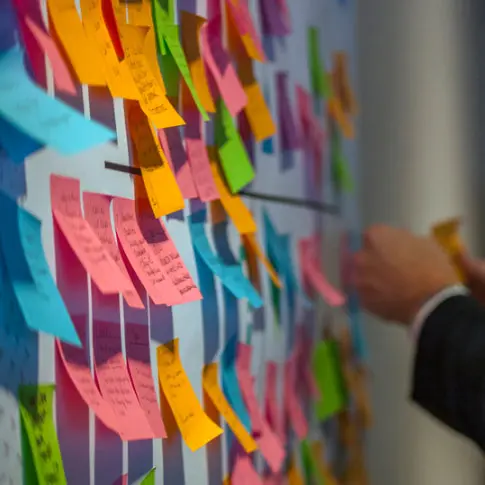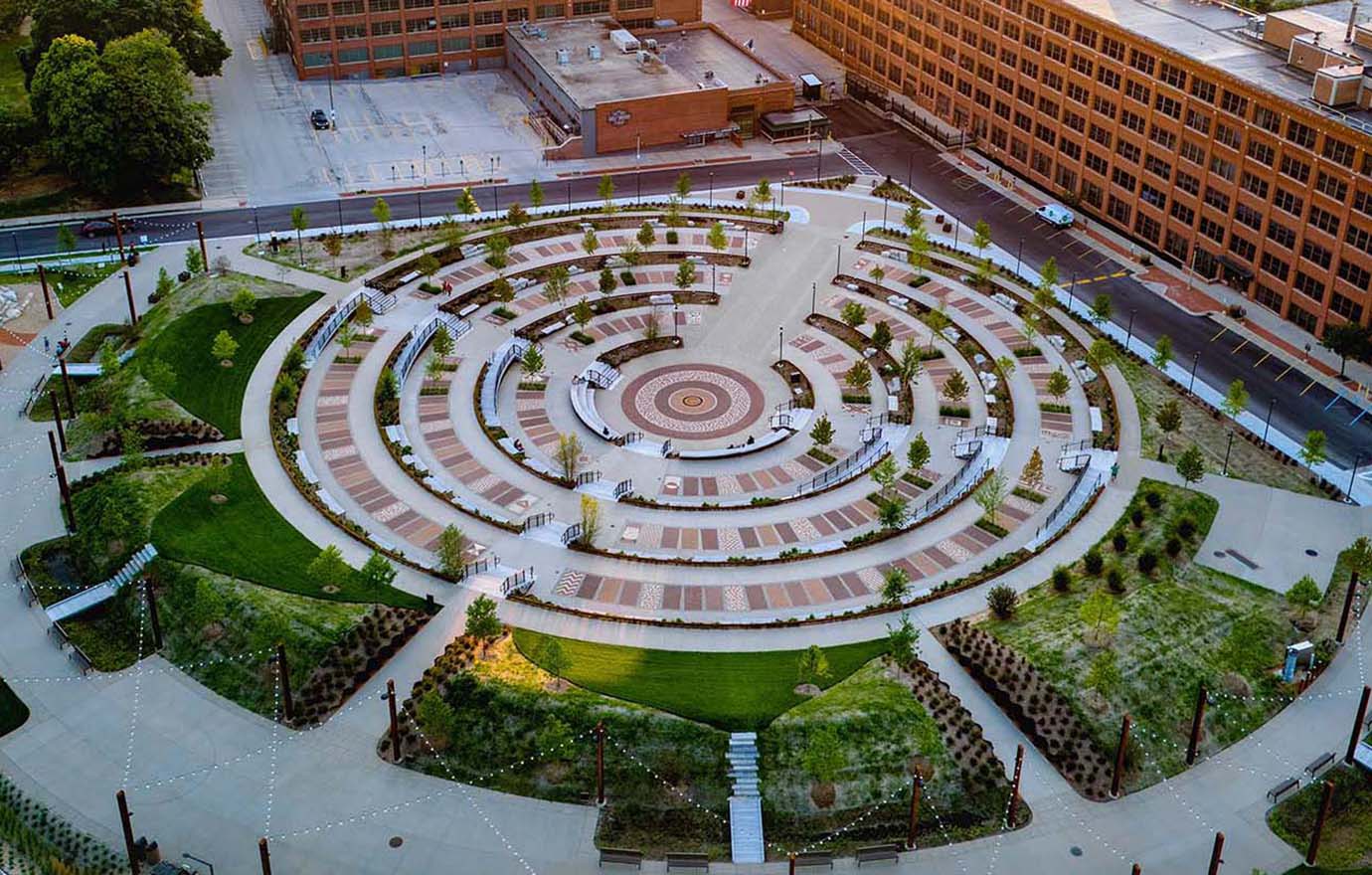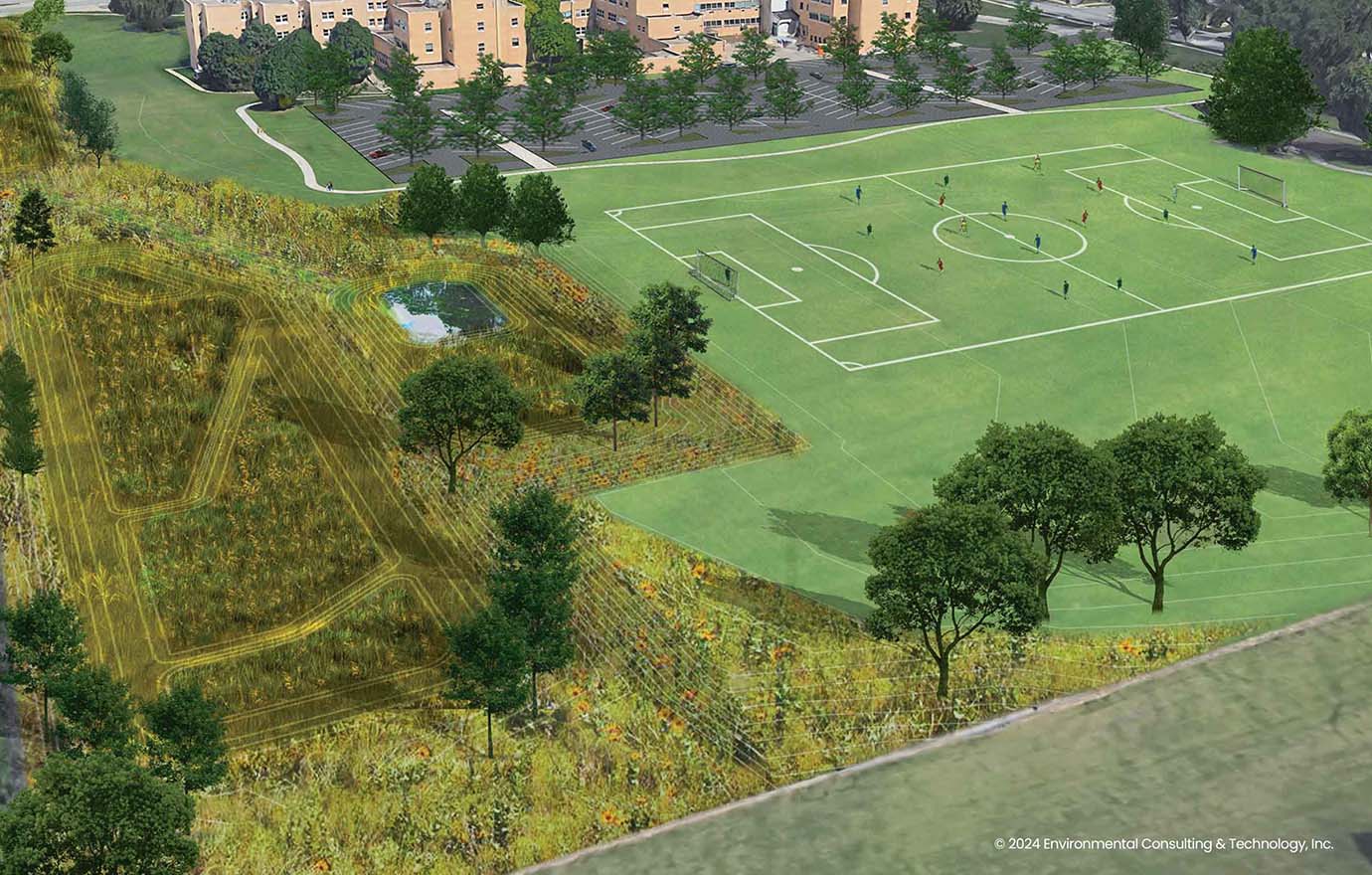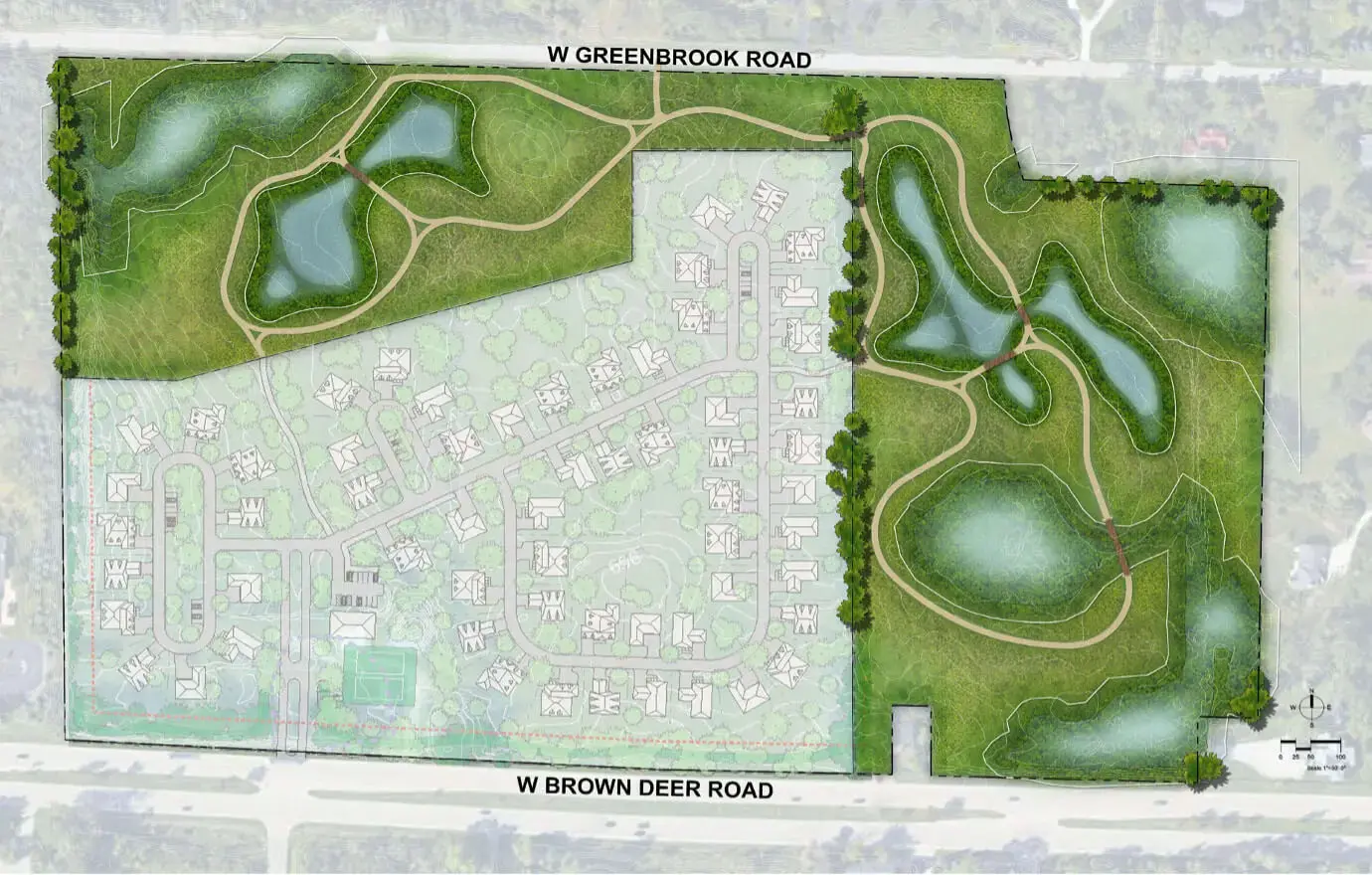Fresh Coast Protection Partnership
In 2020, the Fresh Coast Protection Partnership (FCPP) was launched between Milwaukee Metropolitan Sewerage District (MMSD) and CIS to expand the use of green stormwater infrastructure (GSI) solutions to address flooding challenges across the Greater Milwaukee Region.
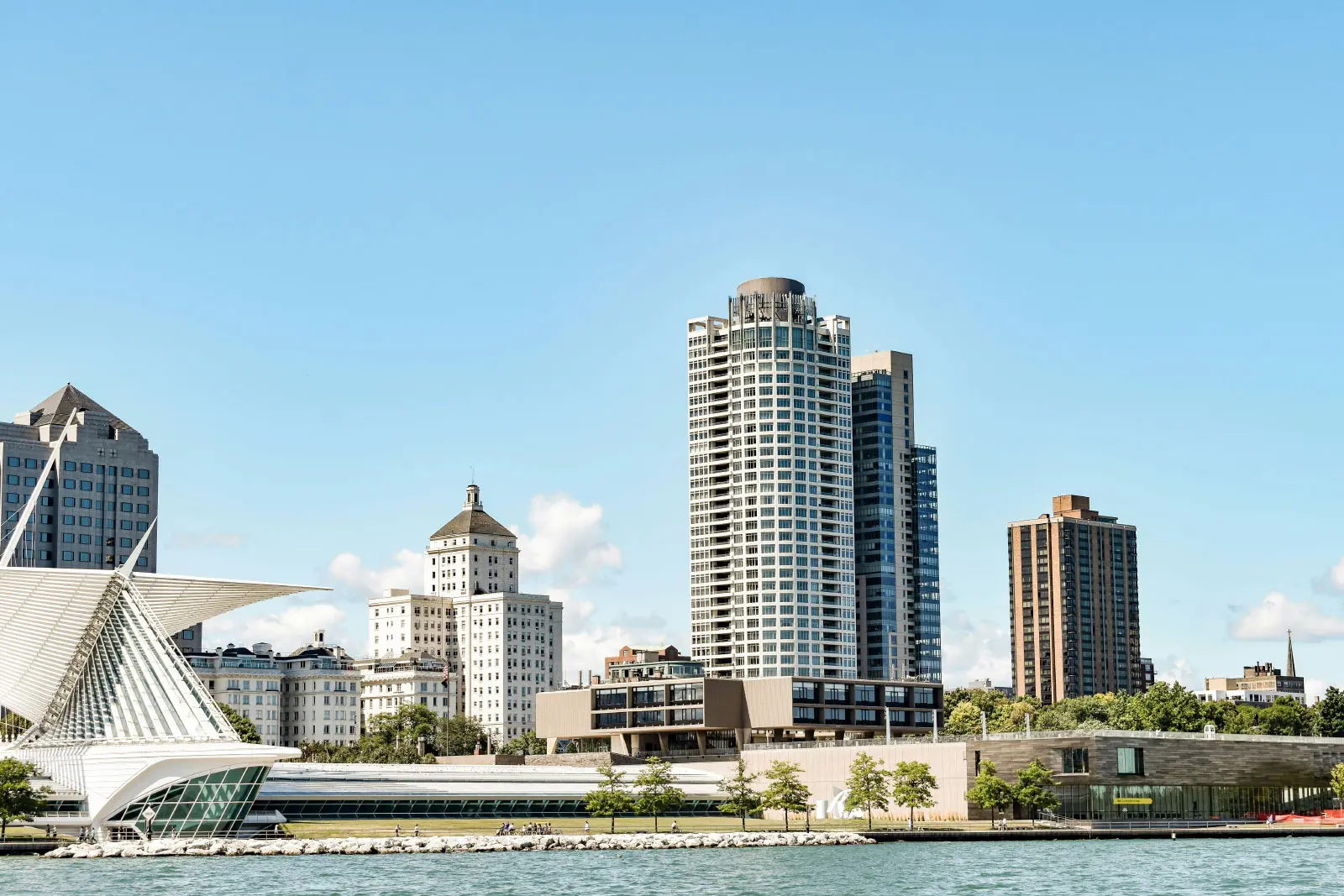
Project Scope
Total Development Costs
$29.2 million
Municipalities
18
Green Infrastructure Projects
11.6 million gallons
Milwaukee Metropolitan Sewerage District (MMSD) has a goal of capturing 740 million gallons of water with green stormwater infrastructure (GSI) each time it rains by the year 2035. With that goal in mind, MMSD partnered with CIS to create the Fresh Coast Protection Partnership (FCPP) in 2020 to scale up GSI implementation across MMSD’s service area. Through this capture of rainfall, green infrastructure will help reduce flooding, decrease pollutant discharge into local waterways, and provide MMSD with an integrated watershed management approach.
Leading a team of experienced local partners, CIS is providing a cost-effective community-based partnership (CBP) that delivers GSI at scale to 18 participating municipalities located within both the municipal separate storm sewer system (MS4) and combined sewer system area (CSSA). The partnership aggregates and streamlines the financial, procurement, and project delivery efforts within MMSD’s service area. With a focus on impact, CIS utilizes the CBP model to invest in low-to-moderate income areas and ensure that Small, Women, Minority, and Veteran-Owned Enterprises (SWMBEs) play a significant role in each project.
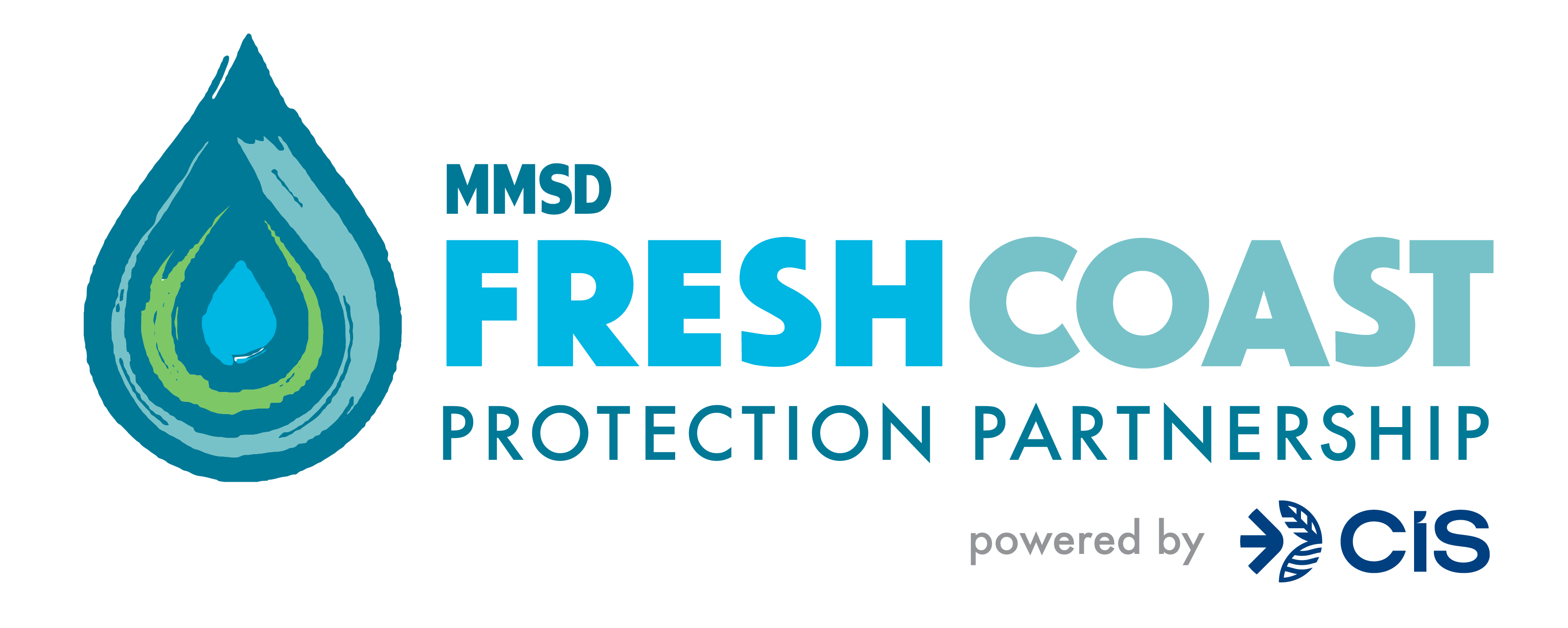
Results
The initial phase is a $29 million investment that provides environmental, social, and economic benefits. The proven FCPP structure transfers all delivery and implementation risk away from MMSD. To achieve risk transfer, CIS provides working capital to source, design, permit, and construct GSI projects. Once a GSI project is fully implemented and certified, MMSD pays a fixed, agreed-upon price set at contract execution. CIS is responsible for any cost overruns and MMSD has no obligation for projects that are designed but never built.
The GSI projects use multiple device types, and 90% of the projects are implemented on private property. CIS and the local team have developed a successful private property program that educates residents and property owners on the importance and benefits of green stormwater infrastructure. The program has resulted in more projects available to MMSD while beautifying properties across the 18 communities within the partnership.
CIS and MMSD have a shared vision of building environmental equity through green infrastructure. As such, more than 50% of the projects are located in low to moderate-income areas to ensure historically under-invested communities are prioritized.
Leveraging the local community to plan, design, and construct the projects is another way for the program to build environmental equity and support the CIS model, which does not self-perform the technical components of the program. To help ensure the community has enough local resources, the CBP has created a contractor development program that provides training, resources, and the opportunity to bid on green infrastructure projects. The program pairs new and small contractors with more experienced contractors to ensure these firms have the support to successfully learn and implement projects. The contractor development program has been successful in actively developing Small, Women, Minority, and Veteran-Owned Enterprise (SWMBE) capacity and has already reached 46% participation.
Partners
Milwaukee Metropolitan Sewerage District
Timeline
2020 – 2028
Private Property Requirement
60%+
SMWBE Utilization Requirement
25%+


